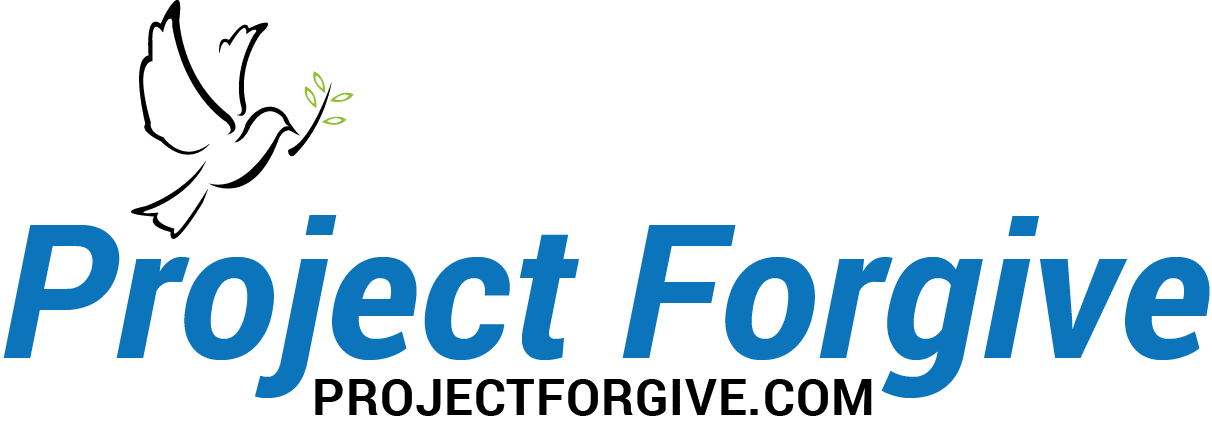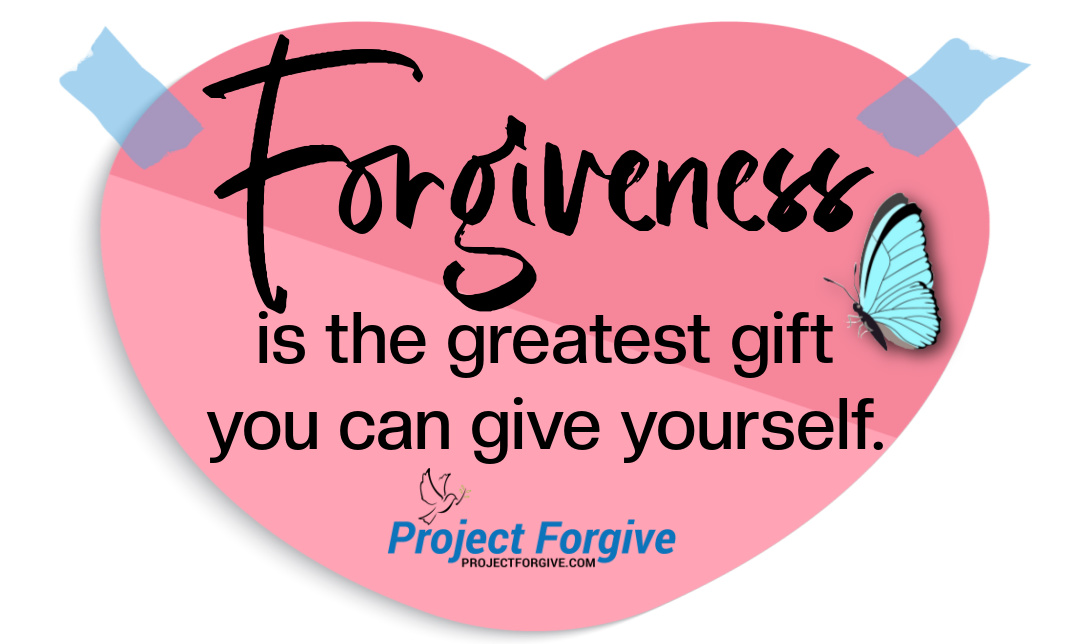How many times have you been flat-out wrong?
Here’s a great example:
A young couple moved into a new neighborhood.
The next morning while they were eating breakfast, the young woman saw her neighbor hanging the washing outside.
“That laundry is not very clean; she doesn’t know how to wash correctly. Perhaps she needs better laundry soap.”
A month later, the woman was surprised to see a nice clean wash on the line and said to her husband, “Look, she’s finally learned how to wash correctly. I wonder who taught her this?”
Her husband looked on, remaining silent.
Every time her neighbor hung her washing out to dry, the young woman made the same comments.
The husband replied, “I got up early this morning and cleaned our windows.”
I recently experienced this with my in-laws. A difficult conversation came up at an in-law event. I perceived my brother-in-law in deep pain with comments from my father-in-law.
I defended my brother-in-law all the while my daughter Autumn was telling me under her breath and with her rolling eyes: “Don’t step in. It’s not your battle. It’s a trap!”
And she was right. I really screwed up.

Here’s the thing. It’s true, my brother-in-law was in pain. But… I had no context for previous discussions and actions that had already taken place around the topic. I manipulated the conversation to the one like the lady in the above story.
Giving you the details of my mistake doesn’t matter. I was wrong.
I hate being wrong.
The critical learning though is to acknowledge my mistake to myself, forgive myself with some positive self-talk, and then repair the relationships with an apology to those I offended.
Easier said than done. And I honestly practice these 3 steps.
Self-acknowledgment is humbling, indeed. After my communication blunder, my husband told me I was missing the context of the dilemma, and that my intervention wasn’t helpful.
These are some mantras that I use a lot, especially when I screw up and need to forgive myself:
-My heart is in the right place. I love how deeply I care about others.
-Because I care so much, sometimes I distort my truth and put it on others.
-Humans make mistakes. It’s part of the human process. I can treat myself with dignity and respect even though I screwed up.
The final step of “repair” is the key for me. After I’ve soothed myself with some mantras, the action steps of communicating an apology become more obvious.

I called both my father-in-law and my brother-in-law.
The apologies were easy to do because I had already forgiven myself.
Communication for my father-in-law:
“When I see someone in pain, sometimes I jump the gun and try to rescue people. Obviously, I jumped into a conversation that was frankly none of my business. I’m sorry about that and I am working on that. Can you forgive me?”
Communication for my brother-in-law:
“When I saw you in pain I had to intervene and try to save you. I’m clear you don’t need saving. That was actually quite arrogant of me when I didn’t know the whole story. I’m sorry I intervened. Please know I care about you and felt sad when I saw your pain. I just wanted you to know my intentions and that I truly care about how you feel.”
Both conversations were simply the start of intimately connecting. The dialogues moved into deeper intimacy and resolved beautifully.
Do I feel closer to both of them? You betcha!
Do I feel courageous for forgiving myself and then going right to action to communicate? You betcha.

Please know this “formula” doesn’t solve everything. The more you practice these little steps of
-self-acknowledgment,
-self-forgiveness
-and then communicating remorse through an apology
the more grounded and confident you’ll feel with being vulnerable, being wrong, and ultimately being human.
If inspired, please share.
Related Articles:
Self-Care & Forgiveness Brings Joy
Trying to Forgive Someone When You’re Stuck


